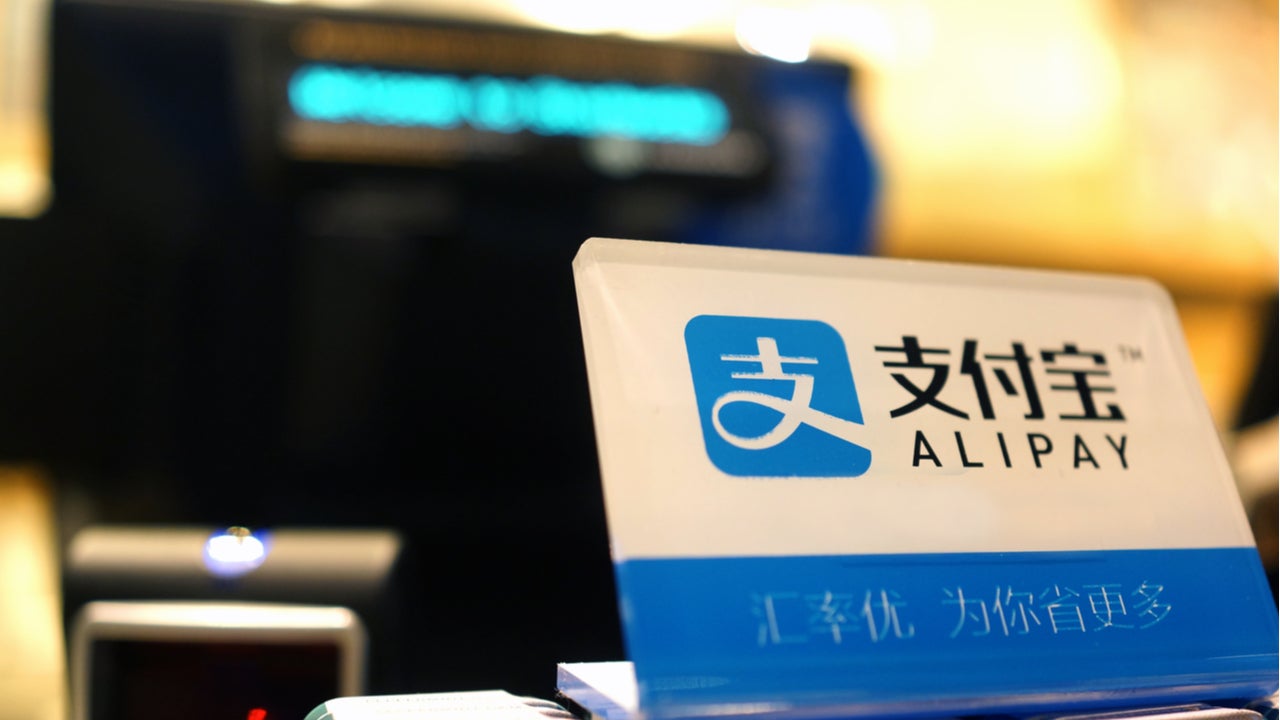
Regulators in China want to break up Alipay, the country’s largest payment app owned by Jack Ma’s Ant Group. Beijing wants a separate app for the company’s highly profitable loans business, the Financial Times reported on Sunday.
Previously, the Chinese government had already ordered Ant Group to separate the back end of its two lending businesses into the Huabei side, which is similar to a traditional credit card, and the Jiebei side, which makes small unsecured loans.

Access deeper industry intelligence
Experience unmatched clarity with a single platform that combines unique data, AI, and human expertise.
Now officials want the two businesses to be split into independent user facing apps as well. Moreover, the new structure would also require Ant Group to hand in user data that underpins its lending decisions to a new credit scoring joint venture which would be partly state-owned, the Financial Times reported citing two people familiar with the matter.
Ant Group and Zhejiang Tourism Investment Group would each own 35% of the joint venture, while other state-backed partners, Hangzhou Finance and Investment Group and Zhejiang Electronic Port, would each hold slightly more than 5%, according to a Reuters report.
“The government believes big tech’s monopoly power comes from their control of data,” one unnamed person told the Financial Times. “It wants to end that.”
Under the plan being considered, Ant will lose its ability to independently assess borrowers’ creditworthiness. For example, a future Alipay user in need of credit would see their request first routed to the new joint venture credit scoring company where their credit profile is held and then on to the new Huabei and Jiebei lending app to issue the credit.

US Tariffs are shifting - will you react or anticipate?
Don’t let policy changes catch you off guard. Stay proactive with real-time data and expert analysis.
By GlobalData“Given the mutual trust between Ant and Zhejiang, the fintech group will have a big say on how the new JV operates,” a former official at the People’s Bank of China told the Financial Times. “But the new set-up will also make sure that Ant listens to the party when it comes to critical decision-making.”
A person close to Ant said that for the time being, Ma’s team would be at the helm of the new venture. “What does Zhejiang Tourism Investment Group know about credit scoring – nothing,” the person said, while noting that Ant executives were still concerned they could lose control in the future.
Launched in 2014 and 2015, respectively, Huabei and Jiebei offer consumer loans to Alipay users. Huabei, for example, allows Alipay users who do not have credit cards to make online and offline purchases and repay the amount through monthly instalments in up to 12 months.
Ant extends such credit lines based on its internal credit assessment models. The bulk of these loans were funded by its partner banks, according to its draft prospectus filed with the Hong Kong stock exchange last year as part of its listing application.
The new move may further slow down Ant’s lending business. This might distress the company’s upper management and investors, as the enormous growth of Huabei and Jiebei provided a significant part of the basis for the company’s initial public offering (IPO) plans.
According to the Financial Times, the credittech unit, which includes both lenders, overtook Ant’s main payment processing business for the first time in the first half of 2020, to account for 39% of the group’s revenues.
The size of the unit, which helped to issue about one-tenth of the country’s non-mortgage consumer loans last year, surprised regulators worried about predatory lending and financial risk. This is a sentiment shared among regulators globally concerning the fintech sector.
Fintech companies that previously operated without conventional regulations are increasingly getting attention from regulators. In Europe and North America, fintechs that aim to provide lending services to customers have had to apply for online banking licenses and are being fully regulated. Some countries are also working on tighter oversight for the buy now pay later sector, recognizing that it could represent a risk if left unregulated.
China has shown strong signs of regulating fintech companies and imposing bank-like restrictions if they want to provide financial services to customers. Although not all national governments will be capable of such unilateral moves, most can be expected to make moves to regulate the fintech sector.
According to GlobalData’s payments sector scorecard, Ant Group is among the top five payment companies in the world, with regulation being its main weakness.
This is not the company’s first run-in with Chinese regulators. In November of last year, Beijing suspended Ant’s IPO, citing “changes to the financial technology regulatory environment and other major issues”. The last-minute move set off a landslide of new regulations aimed at the Chinese tech industry.
In April, Chinese regulators slapped Alibaba with a massive 18.23bn yuan ($2.8 bn) fine in its anti-monopoly investigation of the tech behemoth due to alleged abuse of its market dominance.
Ant will not be the only online lender in China affected by the new rules, according to the Financial Times report.
Hong Kong-listed shares of Alibaba, Ant Group’s e-commerce affiliate, fell more than 4% on Monday following the news. The decline weighed on the broader Chinese tech sector as the Hang Seng Tech index fell more than 2%, and shares of other Chinese tech heavyweights listed in Hong Kong took a beating. Tencent was down 2.45%, while Meituan fell 4.47% at the close.







